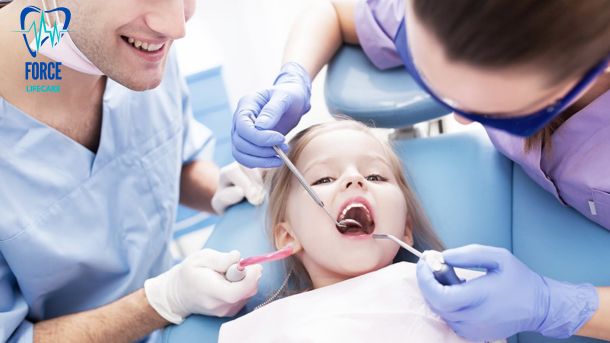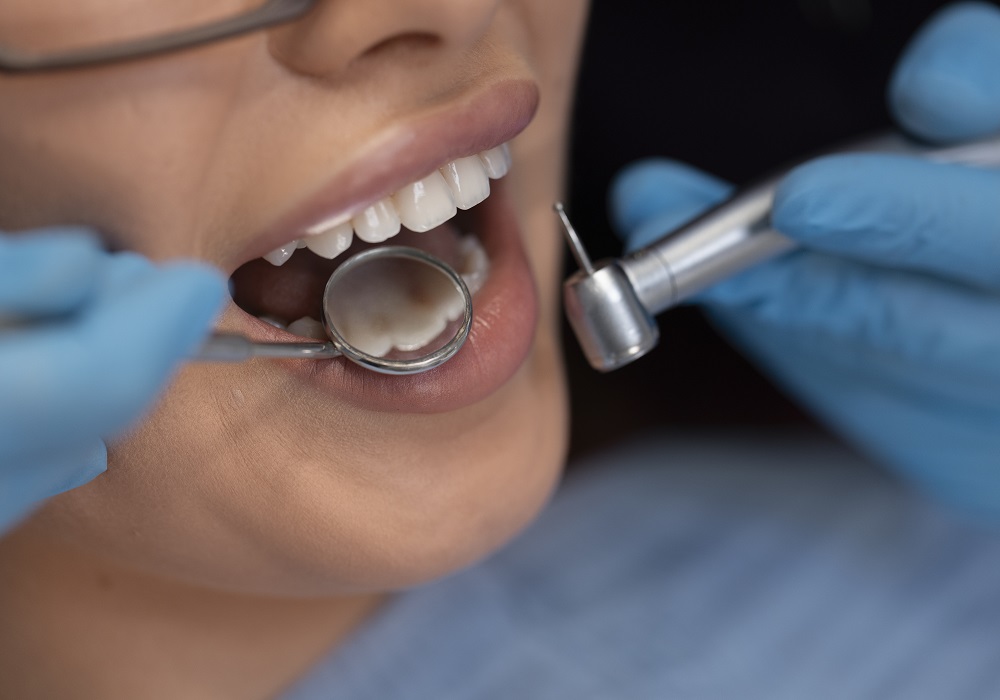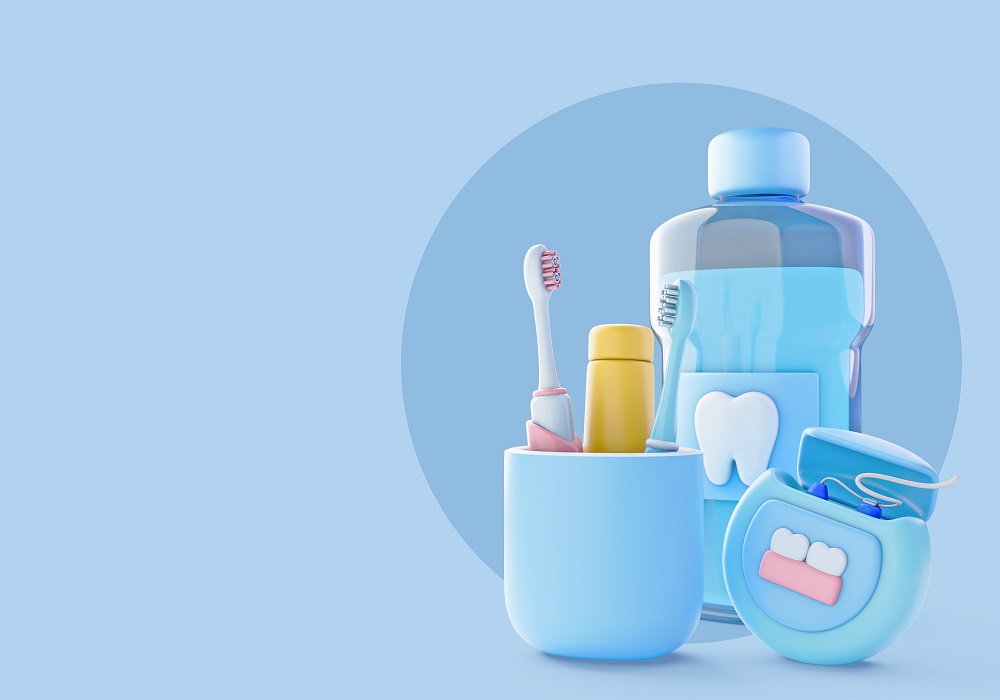Nurturing healthy smiles from a young age lays the foundation for a lifetime of oral well-being. Dentistry for children isn’t just about dental care; it’s about setting the stage for a future of bright, confident smiles.
In this blog post, we discuss the benefits are extensive, from instilling good oral hygiene habits to preventing potential issues. Early dental visits create a positive relationship with oral health, making kids feel comfortable and fostering a lifetime of care. Pediatric dentists are skilled in handling children’s unique needs, ensuring a gentle and supportive experience. Regular check-ups also help identify and address any developing issues, minimizing the need for invasive treatments later on. With preventive measures like fluoride treatments and dental sealants, dentistry for children safeguards against decay and sets the course for optimal oral health. Discover the importance of starting dental care early and providing your child with a strong foundation for a beautiful smile and lifelong oral wellness
What to Expect During the Visit
Initial dental visits primarily focus on introducing your child to the dental environment and making them comfortable. The dentist will:
– Review your child’s medical history.
– Conduct a gentle examination of the teeth, jaw, bite, gums, and oral tissues.
– Clean any teeth that have erupted.
– Guide parents on proper infant oral care techniques.
– Discuss feeding practices, teething, oral habits, and recommended fluoride needs.
Remember, it’s essential to ensure this first experience is positive, as it can influence your child’s attitude toward dental care in the future.
Importance of Regular Check-ups
Routine dental visits are the linchpin of preventive oral care. They allow:
– Early detection of potential issues like cavities, ensuring timely interventions.
– Professional cleanings that remove built-up plaque or tartar.
– Continuous education on evolving dental care needs as your child grows.
– Reinforcement of the significance of oral hygiene, cultivating a habit that can last a lifetime.
Scheduling regular check-ups every six months helps maintain optimal oral health, building a strong foundation for your child’s dental future.
Benefits Of Dentistry For Children
Children have particular dental care demands that need for specialised care. Additionally, paediatric dentistry has advantages beyond merely maintaining healthy, attractive mouths. First and foremost, routine checkups with a paediatric dentist can aid in spotting any possible problems with dental health at an early stage. Early detection enables quick action and treatment, which helps to avoid more serious issues. Paediatric dentists are also masters at making youngsters feel welcome and at ease as they receive dental care. Techniques and products that are kid-friendly can help reduce any fear or anxiety connected to dental care. This creates the basis for lifelong, healthy dental hygiene practises. Furthermore, giving children good oral hygiene from a young age aids in the development of their speech and chewing skills.
It makes sure that their teeth are correctly positioned, which facilitates effective digestion and clear speech. The function that dentistry plays in enhancing general health is another advantage for kids. Children learn about responsibility and self-care when excellent oral hygiene practises are instilled in them at a young age. The need of continually upholding appropriate dental health practises is emphasised throughout routine dental appointments, which serve to reinforce these skills.
How to Make Brushing Fun for Kids
Transforming brushing from a chore to a fun activity can make a world of difference:
– Themed Toothbrushes: Let them pick a toothbrush featuring their favourite character or colour.
– Musical Timers: Play a 2-minute song they like, signalling when brushing is done.
– Interactive Apps: Various dental care apps aim to make brushing an engaging activity for kids.
– Brush Together: Make it a family activity. Children love mimicking adults.
Tips for Parents to Help Their Children Brush
Even with the best intentions, children might need a little guidance:
– Demonstrate: Before they start, show them the correct brushing motion.
– Hand-over-hand: Especially for younger children, guide their hand initially to teach the right pressure and movements.
– Check: After they’ve brushed, inspect to ensure they haven’t missed any spots.
– Praise: Compliment their efforts and reinforce the importance of what they’re doing.
Establishing proper brushing techniques from a young age is a small investment with a lifetime of returns. By making it fun and routine, you’re setting your child up for a future of bright smiles and optimal dental health.
FAQ
The first dental visit provides the dentist an opportunity to advise parents on prevention of oral diseases and also allows for early detection of caries and arrest of its progression. The first dental visit should occur no later than 12 months of age.
Brush teeth twice daily for about 2 minutes with fluoride toothpaste. Brush last thing at night before bed and on 1 other occasion. Use children's fluoride toothpaste containing no less than 1,000ppm of fluoride (check label) unless a dentist advises family toothpaste containing between 1,350ppm and 1,500ppm fluoride.



 Dental Checkup Services
Dental Checkup Services
 Our range of products
Our range of products
 Oral Care Blogs
Oral Care Blogs

Recent Comments